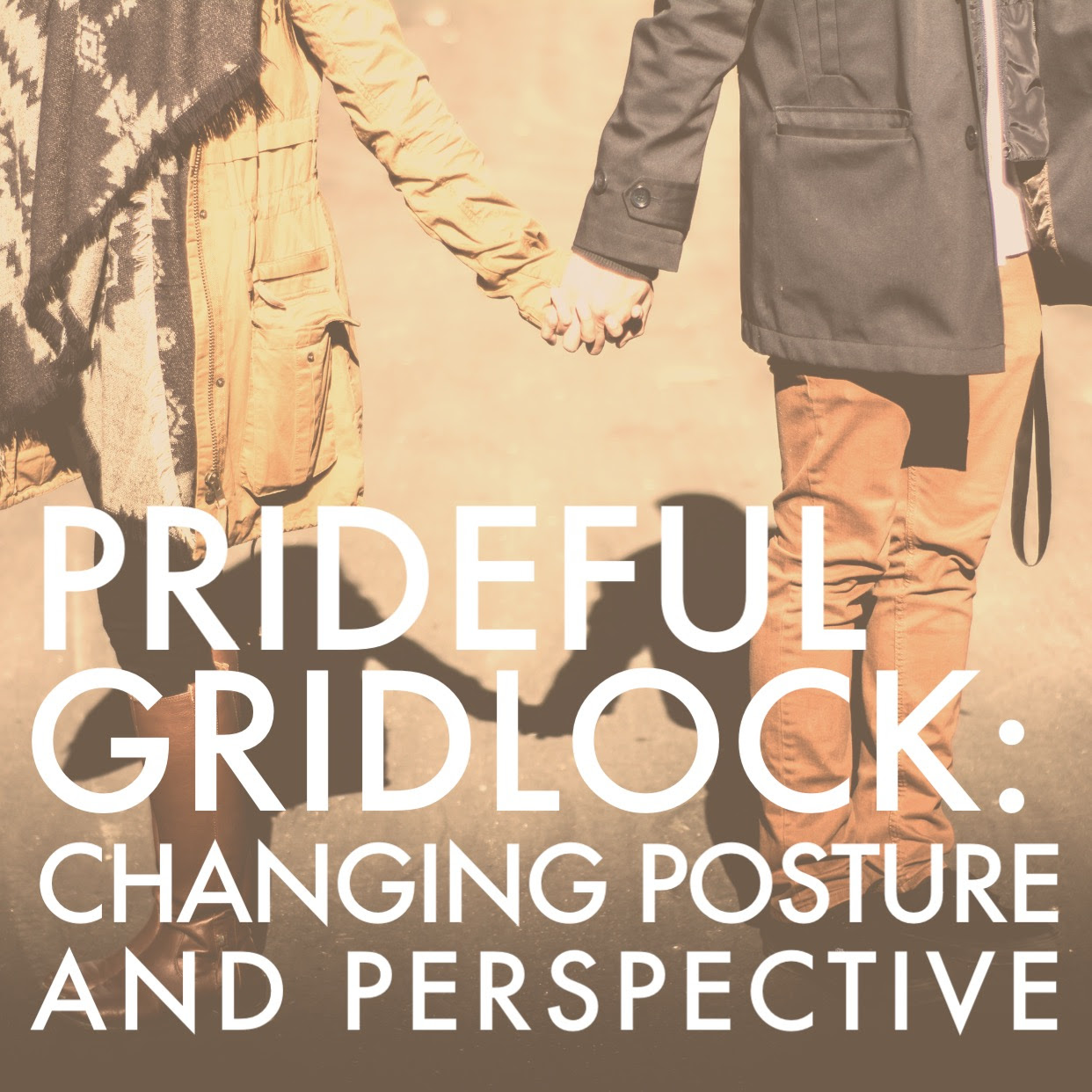
Conflict Avoidance : Always Speak The Truth, Even If Your Voice Shakes
Have you ever avoided conflict in a relationship? Struggled with using your voice? Chances are, there have been times when either you have been reluctant to deal with conflict or you have been in a relationship with someone who has. Conflict avoidance is common in relationships and families. We may avoid conflict with our spouse and even our children. We might avoid conflict out of fear of a loved one’s reaction, be it one of anger, hurt, disappointment, judgment, rejection or criticism, just to name a few possibilities. We might lack knowledge about how to tolerate the emotional distress that the conflict may bring to us. If we don’t know how to soothe our own emotional bruises, quiet our own minds, and control our own anxieties, we will certainly avoid almost anything that is confrontational, fearful, or might bring about emotional distress.
Everyone has fears, but allowing ourselves to be vulnerable and talk about our fears is something that can actually bring us into a deeper intimacy with others and with ourselves. As humans, it’s natural that we want to avoid any type of pain, emotional pain included. Learning how to tolerate emotional pain so that we can push past our fears is a valued skill in relationships. Avoiding conflict and confrontation in relationships doesn’t reduce stress and pressure in relationships, but increases it. Loved ones can become increasingly disengaged from each other. In addition, the person avoiding the conflict can feel increased resentment, frustration, anger, and powerlessness in the relationship. When a person harbors critical thoughts and feelings, yet is afraid to discuss them, a power dynamic is created in the relationship which can create resentment.
When you expose yourself to what you fear, you’ll find that it loses the power it has over you and that the core beliefs you have about yourself will begin to change. This concept holds true when you use your voice in relationship conflict and confrontation because you stop seeing yourself as a victim, or helpless. You begin seeing yourself as victorious. Yes, it might be frightening, but it’s important to use your voice and “do it afraid.” Courage is not doing something in the absence of fear, but doing that thing while being afraid. Lots of people are afraid of conflict. This is normal. You need to remember though when you are afraid that you can act out of courage — not by your might or strength, but through the Spirit of God. (Zechariah 4:6) You can do all things through Christ who gives you the strength to do it! (Phil 4:13) It’s amazing to consider that the same Spirit who raised Christ from the dead (Romans 8:11), lives in you. Think about that for a moment. The apostle Paul is stressing here the amazing victory that you have in Jesus. You are not weak, you are not a victim, you have a voice and you are strong and alive in every way! You have amazing power dwelling inside of you which gives you the strength and courage to face the intimidation of conflict and confrontation in relationships.
At Agape Christian Counseling, we like to give you practical tools toward building a repertoire of healthy communication. Here are some practical “STEPS” to help navigate conversations toward conflict resolution:
 STEPS
STEPS
S: Describe the SITUATION. Use good old fashioned “I messages.” Keep away from personal attacks that will probably elicit criticism in the other person.
T: Describe your THOUGHTS. Again, using “I messages,” describe how you think, not how you think the other person thinks…. After all, we can’t read each other’s minds.
E: Describe your EMOTIONS. Talk about your own emotions and feelings. (See a theme developing here?) Don’t assign motives to the other’s person’s words or actions, and don’t confuse your feelings with the other person’s words or actions.
P: Describe a PROPOSED PLAN. Coming from your perspective, describe a solution-focused approach to what might be a sound and reasonable plan for both parties.
S: Describe/SAY SOMETHING AFFIRMING. Leaving a conversation with words of appreciation, admiration, and gratitude toward the other person helps to prevent blocks toward solutions, defensiveness, and feelings of criticism, and will instead build trust and intimacy.
My wish for you is that, in love, you speak the truth, even if your voice shakes. It’s worth it. I’m just sayin’.
Be Brave,

Kathryn Manley, MS, LPC, CST
Individual, Family, and Marriage Counseling
Certified Sex Therapist (AASECT)





